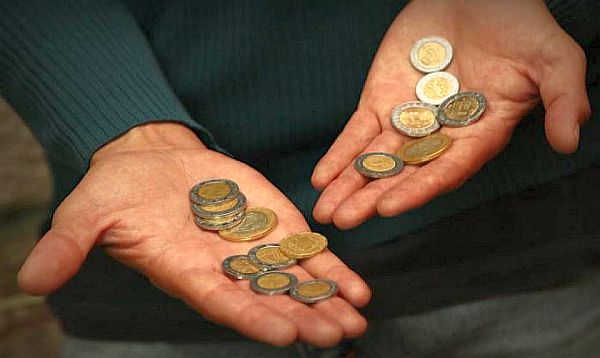Mexico is making moves to improve conditions for its low-wage workers, starting with a general minimum wage increase to 88.36 pesos (about $4.73 USD) per day, from the current 80.04 pesos ($4.28). The increase - which is above the country's current inflation rate of around 6.4% - will take effect December 1, 2017.
But the 10.4 percent increase falls far short of the 19 percent hike, to 95.24 pesos, that the Mexican Employers Federation, or Coparmex, has been pushing for to reach what it considers a level of well-being.
Coparmex, which represents 36,000 businesses that account for almost a third of GDP, said the new level still left those earning minimum wage below the poverty line. In a statement, the federation said the new rate covers just 92.76% of what's needed to meet the welfare line, calling the wage increase "halfway progress."
Mexico's president Enrique Peņa Nieto, however, sees the raise as more progress than that. "This isn't a minor adjustment, because at the start of this administration, practically five years ago, the minimum wage was 60 pesos per day," The Wall Street Journal reported Nieto as saying at an event where he announced the wage increase.
The National Minimum Wage Commission (Conasami) expects to review the salary again by April to bring it up to the poverty line.
"The challenge for Mexico is the orderly evolution of its labor market for the reduction of inequality," the Coparmex statement noted.


